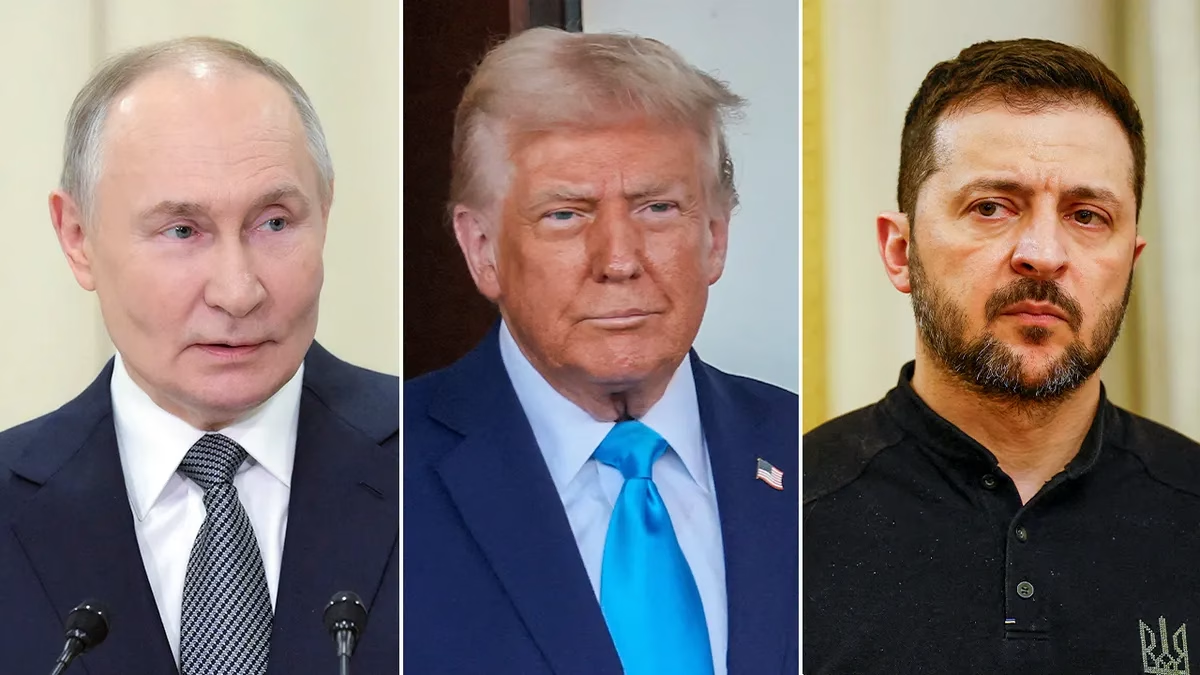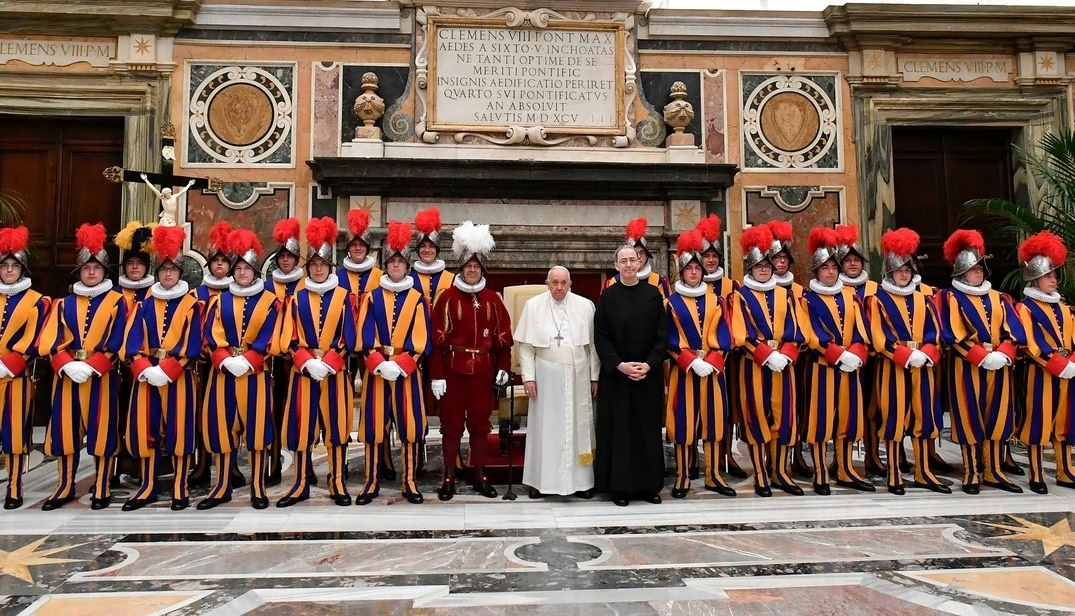By Mary Jones | Thursday, February 20, 2025 | 4 min read
Let’s face it: Marco Rubio wouldn’t be in the room when Donald Trump picks up the phone to talk to Vladimir Putin. Trump simply wouldn’t allow it. What’s even more alarming is that Trump has been conducting his own private foreign policy dealings with Putin while Joe Biden was still the sitting president. This raises serious concerns, not only about his loyalty but about the security and stability of U.S. foreign relations.
One of the most unsettling aspects of Trump’s relationship with Russian President Vladimir Putin is the secrecy surrounding their communications. Even during his presidency, Trump was known for going to great lengths to keep the details of his conversations with Putin under wraps—sometimes even taking notes from interpreters to ensure no official records existed. Now, as he continues his bid for the presidency in 2024, reports suggest that Trump has maintained direct lines of communication with Putin, even while Joe Biden has been in office.
Think about that for a second. A former U.S. president, who is also a current presidential candidate, having private discussions with a leader known for hostile actions against American interests, all while the sitting president manages active conflicts involving Russia. If that doesn’t send alarm bells ringing, what will?
Critics have pointed out that Trump’s communications with Putin while out of office may have violated the Logan Act, which prohibits private citizens from engaging in unauthorized diplomacy. While enforcement of this law has historically been rare, the spirit of the law is clear: foreign policy should be conducted by the sitting administration, not a former president attempting to set his own agenda.
Fast forward to today, and Trump’s public statements are starting to mirror Russian propaganda almost word for word. Most recently, he has been peddling the absurd claim that Ukrainian President Volodymyr Zelensky “started” the war with Russia—completely disregarding the fact that Russia invaded Ukraine in 2022, launching a brutal, unprovoked assault that has left tens of thousands dead and millions displaced.
Let’s be clear: No serious geopolitical analyst, historian, or world leader has ever suggested that Ukraine was the aggressor in this war. The facts are indisputable—Putin orchestrated this war in an effort to reclaim Soviet-era influence, crush Ukrainian independence, and challenge the West. But Trump, in what appears to be a calculated move to align himself with the Russian president, is attempting to rewrite history.
And for what? Political gain? Personal allegiance? Financial interests? The American people deserve answers, and they deserve them now.
Marco Rubio’s Tightrope Walk as Secretary of State
Under a Trump administration, Marco Rubio finds himself in a precarious position as Secretary of State. In theory, his role is crucial in shaping and executing U.S. foreign policy. In reality, he is walking a tightrope, with little to no meaningful input in decision-making. Trump calls the shots, and the State Department is often left playing catch-up, if not outright sidelined.
Rubio, a staunch advocate for democracy and human rights, has previously taken a hard stance against Russia. However, serving under Trump, he faces a dilemma: toe the line and avoid conflict with the former president, or push back and risk being sidelined entirely. This dynamic could significantly undermine America’s diplomatic credibility, leaving allies unsure of whether the U.S. will remain a reliable partner or shift unpredictably based on Trump’s whims.
Trump’s ongoing alignment with Putin’s talking points isn’t just a political issue—it’s a national security threat. The U.S. has long stood as a global leader in defending democracy, but if Trump were to return to the White House with these Russian-fueled ideas guiding his foreign policy, it could have catastrophic consequences.
Consider what it would mean if the U.S. were to suddenly shift its stance on Ukraine, weaken NATO alliances, or withdraw support from global democratic movements. Such moves wouldn’t just be a win for Putin; they would embolden authoritarian regimes worldwide, from China to North Korea to Iran. It would send a message that the U.S. no longer stands for democratic principles, but instead aligns itself with those who seek to dismantle them.
At the end of the day, whether you support Trump or not, this is bigger than politics. It’s about ensuring that American foreign policy is dictated by American interests—not by the wishes of a foreign dictator. Trump’s private dealings with Putin, his efforts to distort the truth about the Ukraine war, and his refusal to include key U.S. officials in these discussions should concern every voter.
As we move toward the 2024 election, it is imperative that Trump is held accountable for his actions. The American people deserve full transparency regarding his communications with Russia, his financial ties to foreign entities, and his true intentions should he return to office.
If we don’t demand these answers now, we may find ourselves waking up to a world where U.S. foreign policy is no longer crafted in Washington but dictated from the Kremlin.
Copyright 2025 FN, NewsRoom.






